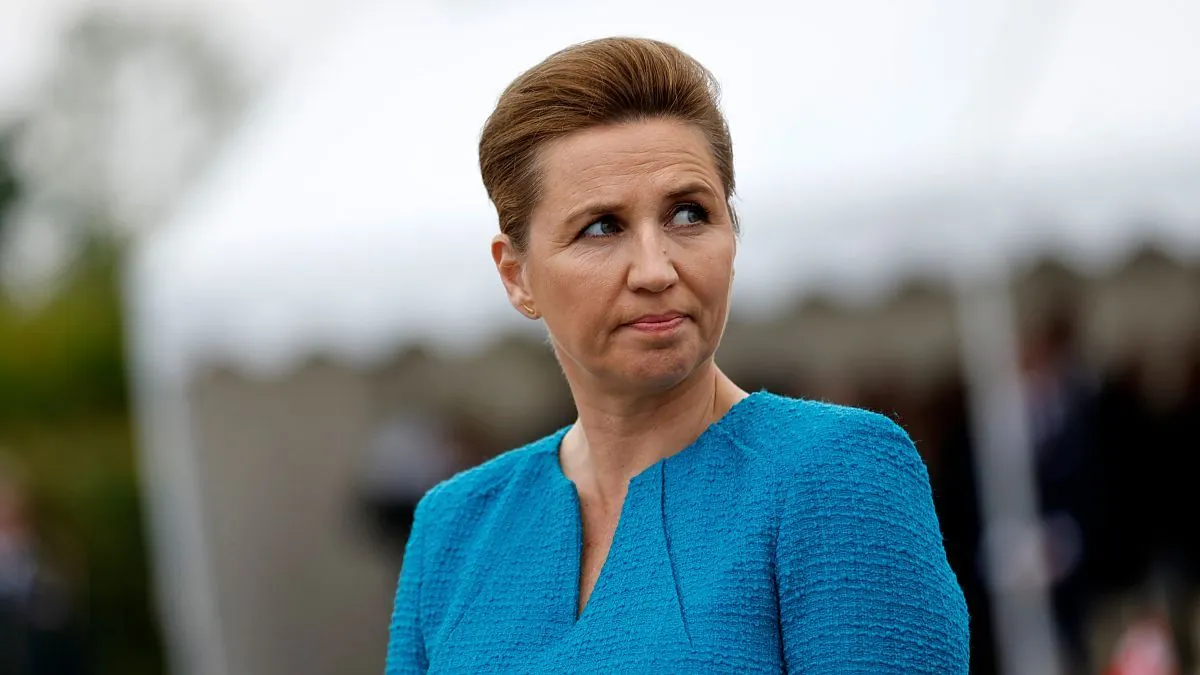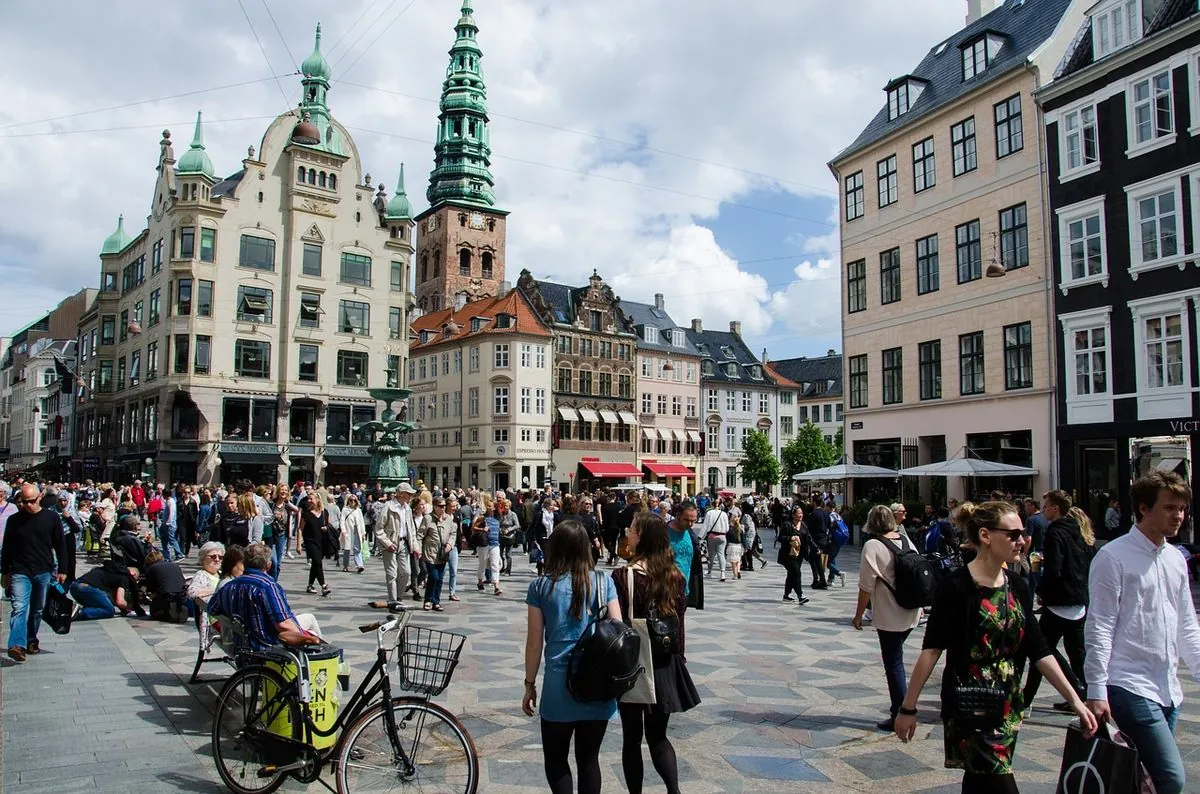Polish Man Denies Assaulting Danish PM in Copenhagen Trial
A Polish resident of Denmark pleads not guilty to attacking Prime Minister Mette Frederiksen in June. The case raises concerns about public officials' safety in the traditionally open Nordic society.

In a Copenhagen courtroom on August 6, 2024, a 39-year-old Polish man entered a not guilty plea to charges of assaulting Mette Frederiksen, the Prime Minister of Denmark. The incident, which occurred in June, has sparked discussions about the safety of public figures in the Nordic nation.
The defendant, who has resided in Denmark since 2019, claimed he was intoxicated during the encounter and couldn't recall much of the event. While acknowledging he recognized Frederiksen, he denied any physical contact with her. However, a member of the Prime Minister's security detail provided testimony asserting that the accused had indeed struck Frederiksen.
This case has brought attention to Denmark's traditionally open society, where politicians often move about with minimal security. Denmark, known for its high trust levels and consistently ranking among the world's happiest countries, is now grappling with concerns about increasing aggression in public spaces.

Frederiksen, who assumed office in 2019, sustained a minor neck injury from the alleged attack. The incident led to the cancellation of several of her engagements and prompted her to address the issue of rising hostility, particularly on social media platforms.
The trial has also highlighted Denmark's multi-party system and coalition governments, with Frederiksen leading a government that navigates complex political landscapes. The country's parliament, Folketinget, consists of 179 members, reflecting the diverse political spectrum of Danish society.
This event occurred amidst a series of concerning incidents involving political figures globally. Just weeks prior, Slovakia's Prime Minister Robert Fico suffered serious injuries in an assassination attempt, and the following month saw a shooting incident involving U.S. presidential contender Donald Trump.
Denmark's response to this incident may influence its approach to public security while maintaining its commitment to openness and accessibility of political figures. The country, which operates under a constitutional monarchy with Queen Margrethe II as head of state, prides itself on its democratic traditions and high level of gender equality in politics.
As the trial proceeds, with a verdict potentially arriving as soon as August 7, 2024, it serves as a reminder of the challenges faced by public officials in an increasingly complex social and political environment. The case also underscores the need for balancing security concerns with the preservation of Denmark's cherished democratic values and accessible political culture.
"There has been a change in public discourse, with increased hostility on social media and aggressive behavior."
This incident occurs against the backdrop of Denmark's progressive stance on various issues, including its pioneering efforts in wind energy and renewable technologies. The country's strong welfare state, supported by high taxes, continues to provide comprehensive social services, including a healthcare system renowned for its universal coverage and efficiency.
As Denmark navigates this challenging situation, it remains committed to its unique "flexicurity" model in the labor market and its cultural concept of "hygge," emphasizing coziness and well-being. These elements of Danish society may play a role in addressing and mitigating the concerns raised by this incident.


































